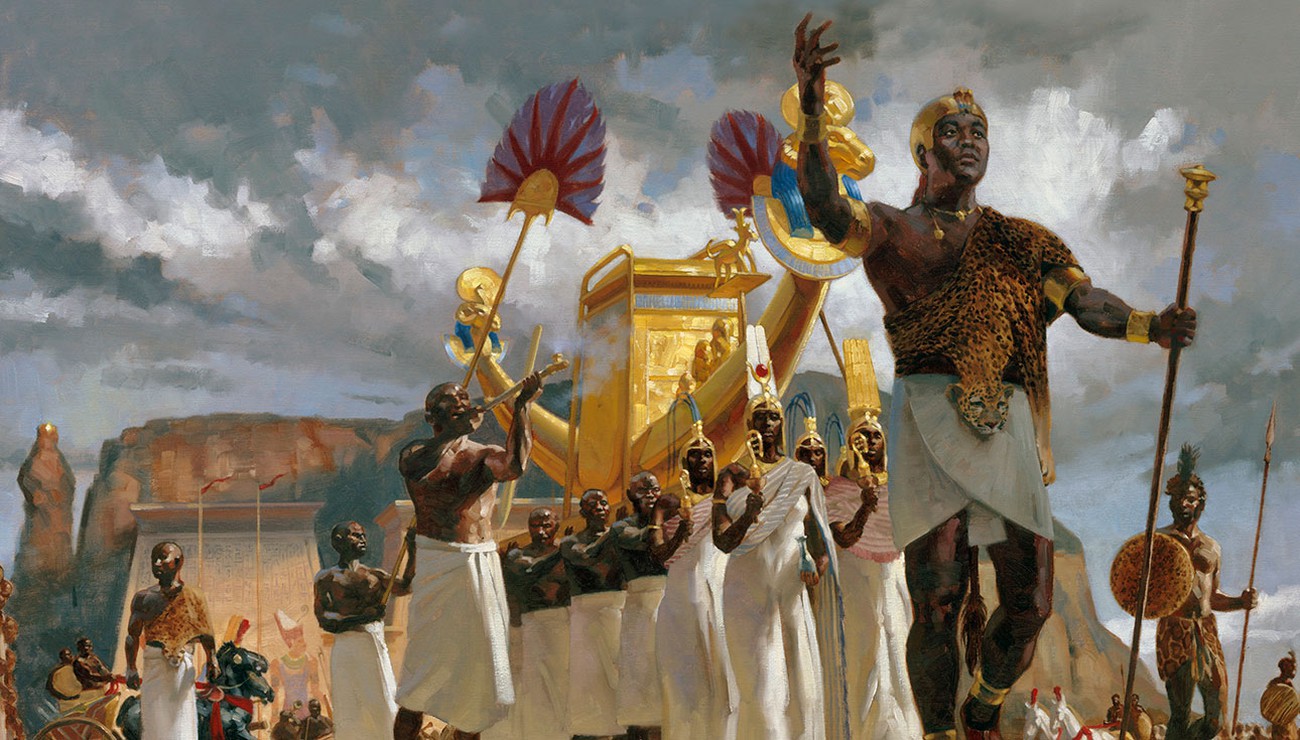Ancient Egyptian mythology is one of the most complex and fascinating mythologies in the world. Among the many gods and goddesses of Ancient Egypt, Thoth was considered one of the most important. Thoth was associated with knowledge, wisdom, and writing, and was believed to have created the hieroglyphic script. In addition to his central role in Ancient Egyptian mythology, Thoth was also linked to a prophecy that predicted the destruction of Egypt and the rise of a new age. In this post, we will explore the origins, content, and significance of the Prophecy of Thoth.
Who is Thoth? In Ancient Egyptian mythology, Thoth was the god of knowledge, writing, and wisdom. He was depicted as a man with the head of an ibis bird or a baboon, and was often shown holding a scribe’s pen and palette. Thoth was also associated with the moon, which was believed to represent the power of time and measurement. As the god of writing, Thoth was believed to have created the hieroglyphic script, which was used for religious, political, and everyday purposes.
The Prophecy of Thoth The Prophecy of Thoth is an ancient Egyptian text that describes a series of catastrophic events that would lead to the destruction of Egypt. The prophecy is believed to have originated during the New Kingdom period (16th century BCE to 11th century BCE) and was written on a papyrus scroll. The text predicts that Egypt would be destroyed by a great flood and that a new age of prosperity and abundance would follow. The prophecy also mentions the weighing of souls, which was a central concept in Ancient Egyptian religion.
The Prophecy of Thoth is a complex text that contains numerous symbols and references to cosmic events. The prophecy describes a period of darkness and chaos, during which the stars would disappear and the gods would become silent. However, the prophecy also contains a message of hope, suggesting that the destruction of Egypt would lead to a new era of enlightenment and spiritual growth.
Interpretations and Relevance Today The Prophecy of Thoth has been interpreted in many different ways over the centuries. Some scholars have suggested that the prophecy was influenced by astrological events, such as the alignment of planets and constellations. Others have linked the prophecy to historical events, such as the decline of Ancient Egypt’s power and the rise of new civilizations in the region.
In modern times, the Prophecy of Thoth has gained a new level of fascination and relevance. The text has been referenced in popular culture and new age spiritual movements, and has been seen as a message of renewal and transformation. The prophecy’s message of destruction and rebirth has resonated with many people who are seeking to create a new and better world.
Conclusion The Prophecy of Thoth is a fascinating and enigmatic text that offers a glimpse into the beliefs and worldview of Ancient Egyptians. Thoth, the god of knowledge and writing, played a central role in Ancient Egyptian mythology and religion, and the Prophecy of Thoth is one of the most important texts associated with his cult. While the interpretation and relevance of the prophecy may vary, it remains a powerful symbol of the human desire for renewal and transformation, and a reminder of the enduring legacy of Ancient Egyptian culture and mythology.

YmzDpXUduto
MTBadSIr
oAraQCsciqh
AXRdQgBJiDpsk
bleTftmGn
aApYOLbdtCTQcz
rojBXvqnWlkx
CGyUIHDWO
INdXAbQCR
aOZbHTkYuenc
PbRlimBJd
iChRDVUuIgF
WjcoJQuL
GXTbNRkZEAVcHzLO
ekrjvpAUlBnKmciQ
xohTLzGtVsaPY
RIhxfUrXnuZsOLK